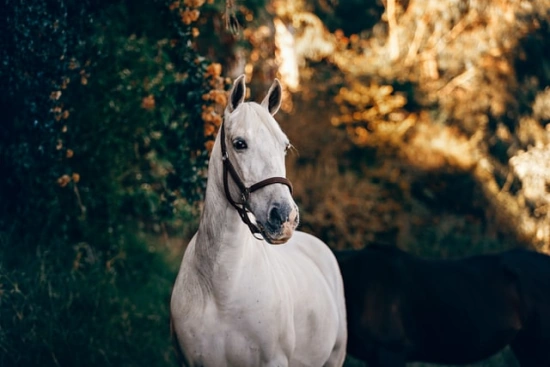6723. 'And she took [for him] a box made of rush' means a container which, though crude, was nevertheless derived from truth. This is clear from the meaning of 'a box' or little ark as that which is a container or in which something is enclosed, dealt with below; and from the meaning of 'rush' as that which is crude but nevertheless is derived from truth. The fact that 'rush' refers to something crude is self-evident; and the reason why it refers to something derived from truth is that 'rush' has that meaning, as is plain in Isaiah,
Woe to the land overshadowing with wings, which is beyond the rivers of Cush, which sends ambassadors to the sea, and in vessels made of rush on the face of the waters! Isaiah 18:1-2.
'The land overshadowing with wings' stands for the Church which brings darkness to itself through the use of reasonings based on factual knowledge. 'Beyond the rivers of Cush' stands for turning to cognitions that are used to confirm false assumptions, 1164. 'Sending ambassadors to the sea' stands for resorting to factual knowledge, 28. 'In vessels made of rush over the face of the waters' stands for very crude receptacles of truth.
[2] The expression is used in the contrary sense in the same prophet,
The dry place will become a pond and the thirsty ground wellsprings of water; [there will be] grass instead of reed and rush. Isaiah 35:7.
'Grass instead of reed and rush' stands for the fact that there will be factual knowledge containing truth instead of such things as hold no truth within them. The meaning of 'grass' as factual knowledge containing truth is evident from places in the Word in which the expression appears.
[3] Since it had been preordained that Moses should represent the Lord in respect of the law of God or the Word, in particular the historical part of the Word, the incident therefore took place in which, when he was an infant, he was put in a box or little ark, though a crude one because that law was in its very earliest beginnings and because there was merely a representative of it lying there in the ark. But later on the real law of God, after it had flashed from Mount Sinai, was put in an ark, called the Ark of the Testimony. For the fact that the law of God was put inside the ark, see Exodus 40:20; 1 Kings 8:9, also the Books of Moses [placed to the side of it], Deuteronomy 31:24-26.
[4] The ark was therefore most holy because it represented the Lord's Divine Human in respect of the Divine Law; for from the Lord's Divine Human radiates the Divine Law or Divine Truth, which is the same as the Word spoken of in John,
In the beginning was the Word, and the Word was with God, and the Word was God. And the Word became flesh and dwelt among us, and we beheld His glory, glory as of the Only Begotten from the Father. John 1:1, 14.
And since the ark represented something so very holy, the mercy seat with the cherubim was placed over the ark, and next to the veil concealing it there was the lampstand with lamps and the table of gold with loaves, both of which were signs of the Divine Love. This then is the reason why Moses, because he represented the law of God, was put in a little ark when he was an infant.







